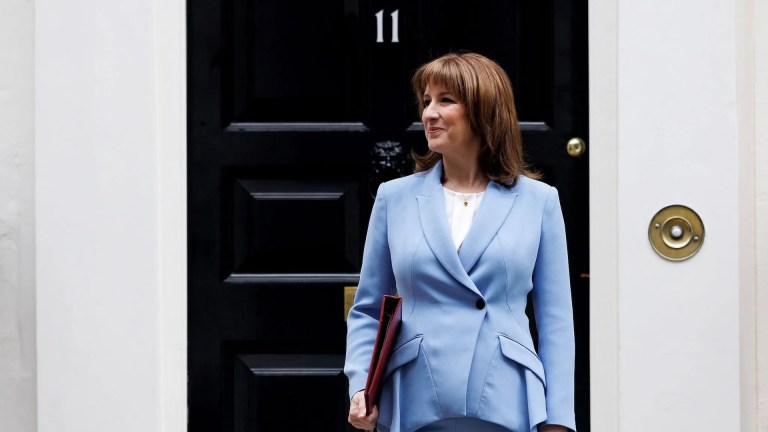People on a basic income were happier, had greater trust of other people and institutions and were more confident in their ability to take control of their own future, according to the results of the Universal Basic Income trial in Finland.
The biggest basic income experiment of its kind also showed a small increase in employment after 2,000 people were given €560 (£490) every month for two years.
However, people worked for on average just six days more than the control group who did not receive the unconditional cash, although researchers noted that families with children saw employment rates increase over both years of the study.
On the wellbeing front, people who received basic income reported less mental strain, depression, sadness and loneliness as well as more positive perception of their ability to learn and concentrate.
That positive outlook extended to their income and economic wellbeing too, according to Minna Ylikännö, Head of the Research Team at Kela (the Social Insurance Institution of Finland), and they were more likely to find their financial situation manageable.
It was found that a basic income provided the foundation that allowed those on the trial to trust other people and the institutions in society to a larger extent and they were more confident in their own future and their ability to influence. Researchers theorised that this may be due to the basic income being unconditional rather than being subject to sanctions, which in previous studies has been seen to increase people’s trust in the system.





